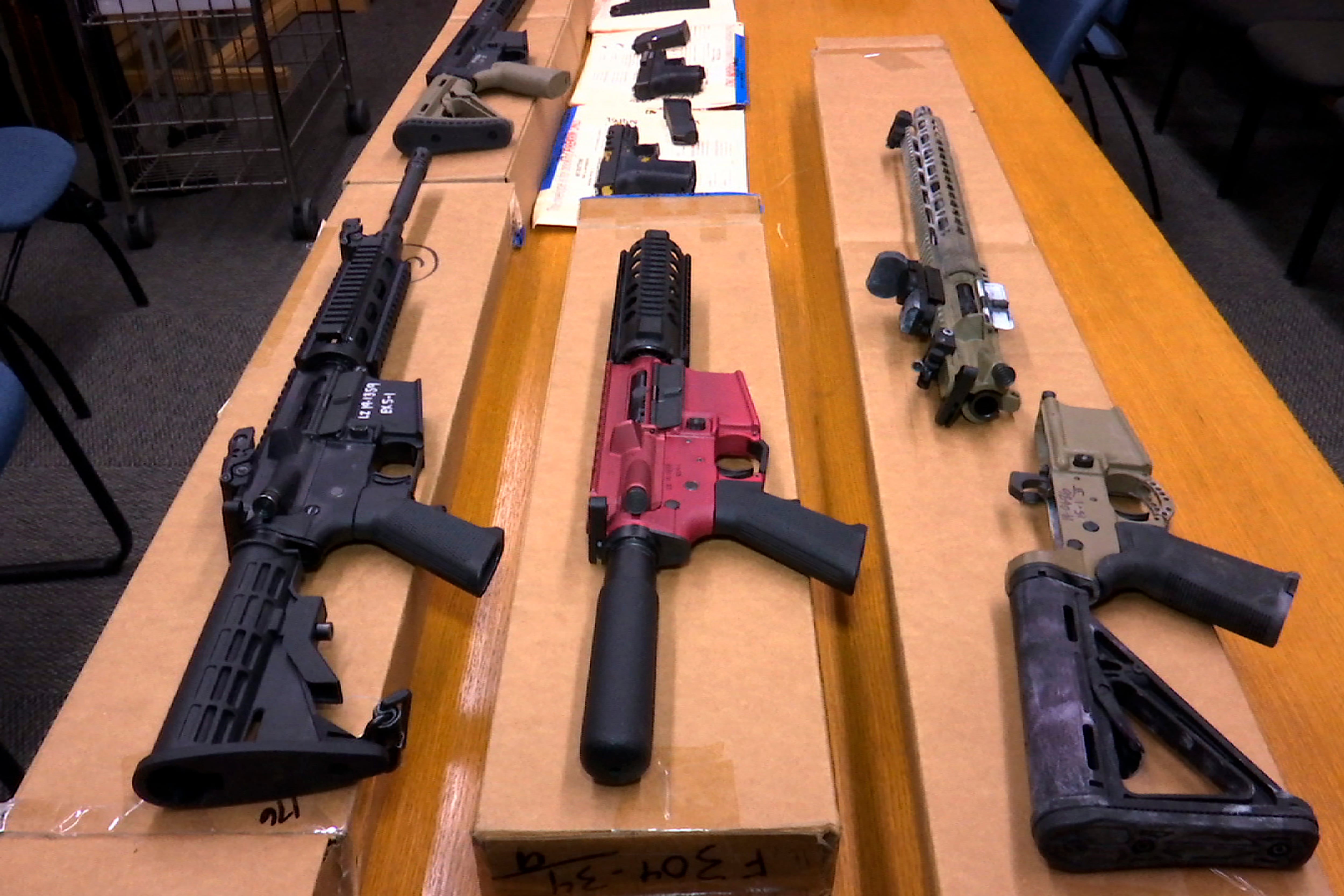By Michelle Chapman and Alex Veiga
Two months after a market phenomenon took shares of GameStop to the moon, the video game retailer said Monday that it will sell up to 3.5 million of its shares.
The shares will be sold through an “at-the-market” offering, which lets companies place their stock on the market over a period of time.
The announcement sent shares of GameStop, up 850% this year, down 8% at the opening bell.
The GameStop saga has been one of the biggest stories on Wall Street this year.
The company had been pummeled as new technology allowed people to download games, rather than buying a physical copy from GameStop or somewhere else. That shift threatened the existence of GameStop and its shares had been more than halved, to $20 each, by the start of this year.
A number of hedge funds, believing the value of GameStop shares would fall further, shorted the company, or bet against its shares. However, a group of smaller investors who communicated largely on Reddit challenged those hedge funds, believing they were wrong or that they could catch them in a “short squeeze."
To short a stock, an investor borrows shares at the current price for a fee, and buys them back at a later date. If the shares fall, the investors pockets the difference. If it rises, it can lead to massive losses because the borrowed stock is now worth more than was paid for it, and the investor must pay the difference.
That's exactly what happened this year and shares of GameStop rocketed from $20, to $483, and ravaging short sellers like Citron Research.
At the same time, it made a bunch of small investors very wealthy.
Market pundits had urged the company to put more shares on the market as the price spiked. Such a stock sale would have allowed to company to pay down hefty debts and even revive the company by pursuing a new business plan.
And two weeks ago, GameStop disclosed in a filing with the Securities and Exchange Commission that it actually had been considering such a move since January.
Even though it did not announce the share sale when share prices peaked, GameStop could wipe existing debt of the books if it chooses.
The company's stock closed at $191.45 last week, meaning it could raise as much as $670 million. GameStop's net debt was around $430 million in January. However, because the sale is "at-the-market,” it gives the company more flexibility as to when the sales happen.
A company's shares typically slide after it announces it will sell more shares because it tends to water down the value of shares that are already out there. That's certainly what happened Monday.
Yet the GameStop story has veered from what most would consider reality for four months now and it remains to be seen if those smaller investors will continue to play this game. And more importantly, the volatile trading has attracted bigger players, making the trade even riskier.
Still, shares had fallen as much as 16% before the opening bell and bounced back somewhat in early trading Monday. This year, double-digit swings in the company's stock has become common.
The company, based in Grapevine, Texas, also said Monday that preliminary fiscal first-quarter to-date global sales are up about 11% from a year ago, a period when the pandemic slammed the U.S. and retailers like GameStop were forced to close its stores.









